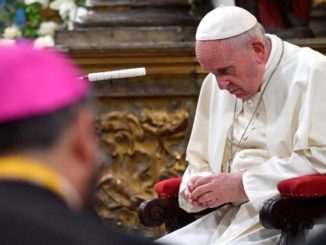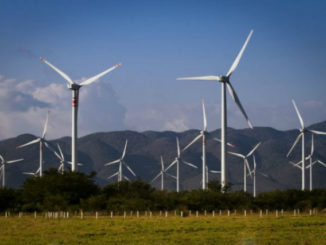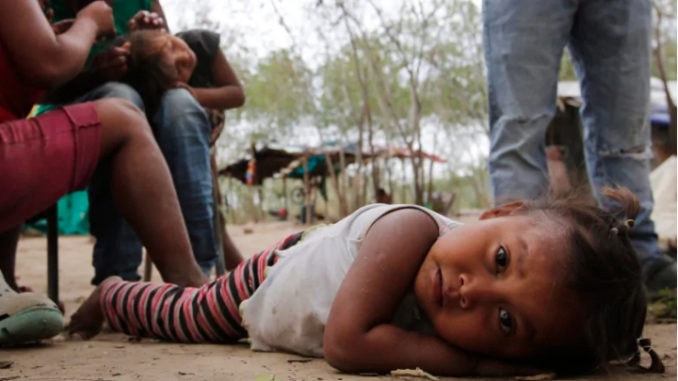
QUITO – Today ministers from across Latin America and the Caribbean are meeting in Ecuador on how they can cooperate to end the regional humanitarian crisis caused by Venezuela’s economic collapse.
Representatives from Chile, Brazil, Mexico, Colombia, Argentina, Uruguay, Paraguay, Peru, Bolivia, Costa Rica, Panama, Dominican Republic and Ecuador have gathered in Quito for two days after which they will conclude a joint statement on Tuesday, the host Ecuador said.
More than two million Venezuelans are teeming into neighboring countries, fleeing a collapsing economy under President Nicolas Maduro, with falling oil prices and mismanagement leading to shortages of food and medicine.
As the migration crisis has spread across Latin America this year, Colombia and Ecuador have been most affected.
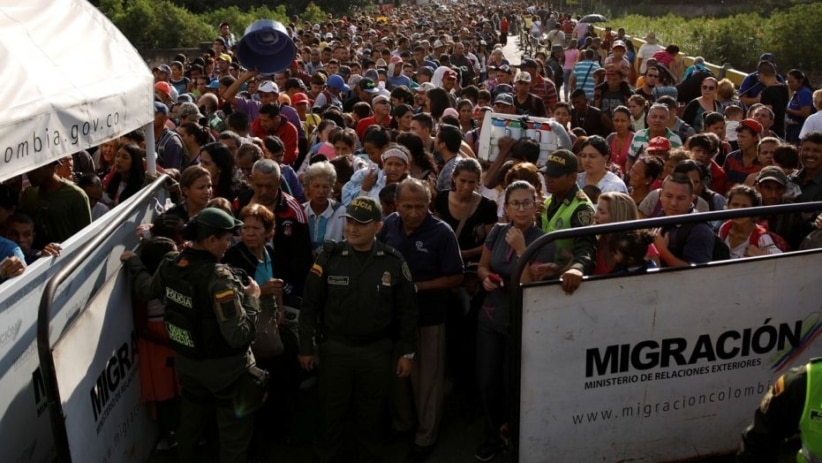
Colombia, which has found it impossible to control the flow across its 1,400-mile border with Venezuela, is using the meetings to reiterate its call to “regionalize” the problem, to help shoulder the burden.
Brazil recently authorized the use of its armed forces to help contend with a jump in Venezuelans crossing into its territory, while Peru declared a border emergency on health and sanitation concerns due to increased migration. Nations as far as Uruguay are also experiencing a rise in flows.
“A regional effort will help our countries respond better to these situations, so that we can coordinate efforts and provide humanitarian assistance to people on the move,” Ecuador’s Foreign Minister Jose Valencia told reporters ahead of the talks.
Until recently, Ecuador had been one of Venezuela’s main allies in the region. But the government of President Lenin Moreno, which took office in 2017, has distanced itself as Venezuela has become gripped by mass hunger and political repression.
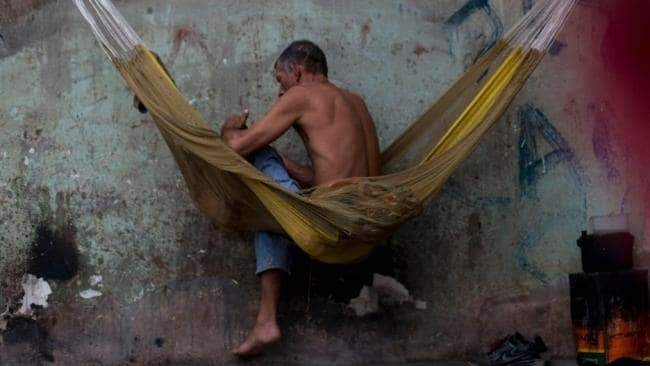
The European Union announced a $35 million aid package on Friday to support Venezuelans both at home and in host countries.
Venezuela was once one of the richest countries in Latin America, taking in thousands of refugees in the latter half of the 20th century. But there was economic inequality. The country was run by the wealthy, and the poor suffered.
Hugo Chavez was elected in 1998 on a pledge to change that. At the time, Venezuela’s greatest commodity, oil, was selling for about $10 US a barrel. By the time he died in 2013, it was $100 US. The government provided better housing, healthcare, and education for the working classes — but it also fixed prices for some food products and other goods and set-up a complex system of currency controls.
Chavez’s socialism left the government in deep debt. And in 2014, the price of oil started to drop, eventually going as low as $26 US a barrel. Today, it hovers around $70 US, but the uptick in oil prices hasn’t been enough to save the country from further economic turmoil.
Chavez’s hand-picked successor, Nicolas Maduro, has been accused of mismanaging the oil sector. Oil production has fallen and the country has been unable to pay its debts. The economy has gone into free fall, leaving the government unable to pay for imports like food and medicine.
Maduro’s government blames the problems on an “economic war” waged by business owners, Colombia and the U.S. It blames “hoarding” by speculators for food shortages and has urged the population to rally to the defence of the state.
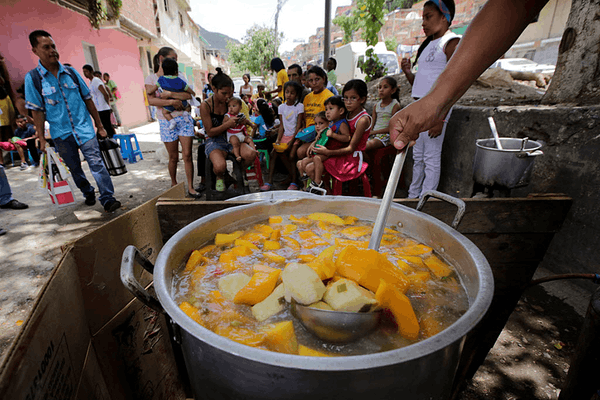
Caracas says migratory patterns out of the OPEC nation are “normal” and that the situation was being exaggerated to justify an intervention by foreign powers.
“There has been an intent to convert a normal migratory flow into a humanitarian crisis in order to justify an international intervention in Venezuela,” said Vice President Delcy Rodriguez at a press conference. “We will not allow it.”
In an attempt to deal with shortages and other economic problems, the government has continued to print money, causing hyperinflation which destroys purchasing power for many Venezuelans. According to a recent study by the opposition-controlled National Assembly, the annual inflation rate reached 83,000 per cent in July.
The International Monetary Fund says inflation could hit one million per cent by the end of the year.
Those with greater resources are escaping to Spain, the United States, and Canada. According to the Immigration and Refugee Board of Canada, there has been a spike in refugee protection claims from Venezuela in the past five years, from 31 applications in 2013 to 1,240 in 2017. There have been 588 applications so far this year.

